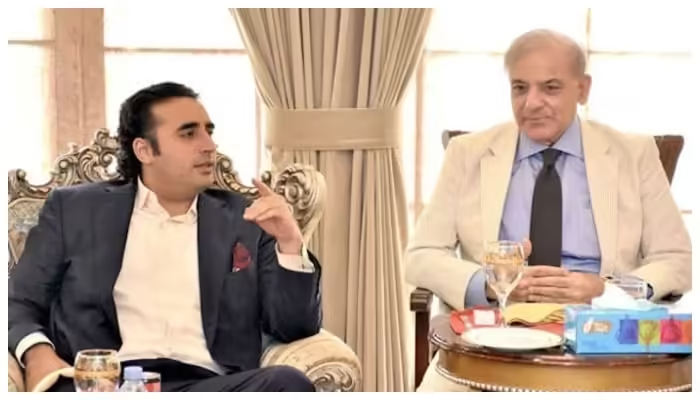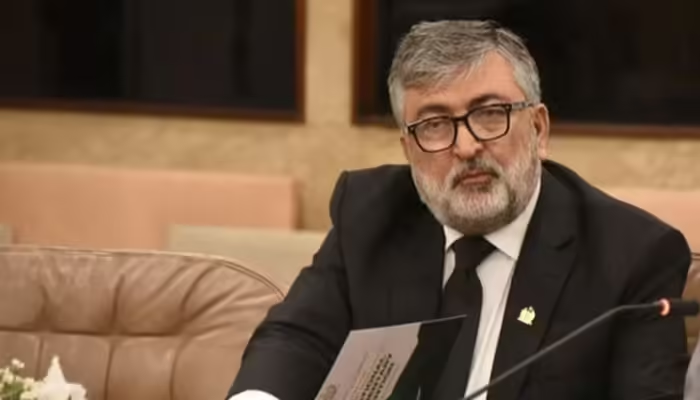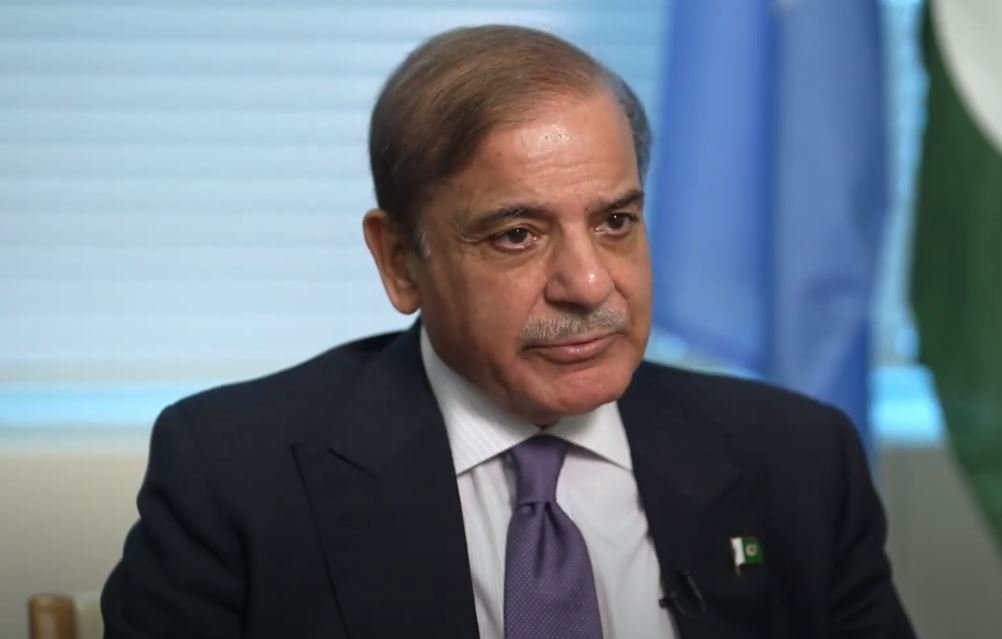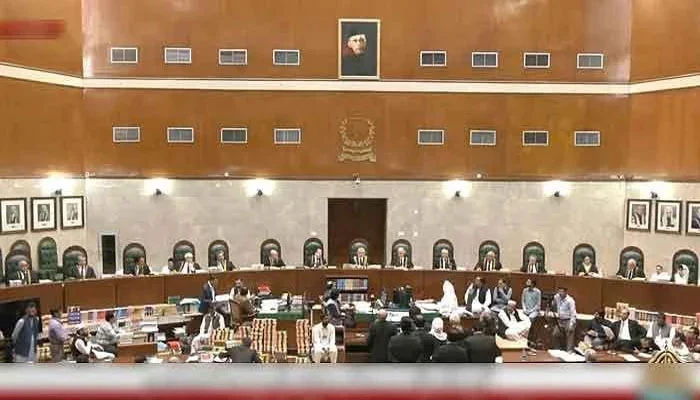Recent developments in Pakistani politics have brought to light the internal dynamics of the ruling coalition, particularly concerning the relationship between the Pakistan People’s Party (PPP) and the Pakistan Muslim League (N) (PML-N). A high-profile meeting between Bilawal Bhutto Zardari, Chairman of PPP, and Prime Minister Shehbaz Sharif has revealed underlying tensions, especially regarding the PPP’s role in Punjab, the country’s most populous and politically significant province.
The Meeting and Key Participants
The meeting, held at a critical juncture, included senior leaders from both parties. On the PPP side, prominent figures such as Sherry Rehman, Naveed Qamar, and Raja Pervez Ashraf accompanied Bilawal Bhutto Zardari. From the PML-N, the delegation included Finance Minister Ishaq Dar and Interior Minister Rana Sanaullah. The primary agenda was to discuss and align on significant legislative measures set to be introduced in the National Assembly in the coming days.
According to sources, the government sought to bring Bilawal Bhutto into confidence regarding upcoming legislative actions, a move seen as crucial for maintaining the coalition’s unity. To expedite the legislative process, a National Assembly session was scheduled for Monday, signaling the urgency and importance of the discussed bills.
PPP’s Grievances: Marginalization in Punjab
One of the central issues raised by the PPP during the meeting was their perceived marginalization in Punjab. PPP leaders expressed their concerns over what they see as a continuous sidelining of their party in the Punjab government, a province traditionally dominated by the PML-N. This sentiment of being ignored has reportedly been festering for some time, and the recent meeting provided an opportunity for the PPP to formally voice its dissatisfaction.
The PPP’s complaints are not merely about symbolic representation but also about having a meaningful say in governance decisions in Punjab. As the province plays a pivotal role in national politics, the PPP’s exclusion from key decisions could weaken its influence and electoral prospects, a concern that Bilawal Bhutto Zardari and his colleagues were keen to address.
Coordination Committees’ Meeting: A Step Towards Resolution?
In response to the PPP’s concerns, a meeting of the coordination committees of both parties has been scheduled for Sunday at the Governor House in Lahore. This meeting is expected to serve as a platform for ironing out differences and ensuring that both parties are on the same page, particularly concerning the governance of Punjab and upcoming legislative matters.
The outcome of this meeting will be crucial in determining the future of the coalition government. A failure to address the PPP’s grievances could lead to further tensions within the coalition, potentially impacting the legislative agenda and the stability of the government.
Implications for the Coalition Government
The issues raised by the PPP highlight the delicate balance of power within the coalition. While the PML-N holds significant sway in Punjab, the PPP’s concerns reflect a need for greater inclusivity and power-sharing. The success of the coalition government depends not just on legislative achievements but also on maintaining harmony and ensuring that all parties feel valued and heard.
For the PPP, addressing the issue of marginalization in Punjab is not just about immediate political gains but also about securing a foothold in a province that could be crucial in future elections. For the PML-N, responding to these concerns is essential to keep the coalition intact and avoid any rifts that could weaken their governance.
The recent meeting between Bilawal Bhutto Zardari and Prime Minister Shehbaz Sharif has brought to light significant concerns within the ruling coalition, particularly regarding the PPP’s role in Punjab. As both parties gear up for crucial legislative sessions, the ability to resolve these internal differences will be key to maintaining a stable and effective government. The upcoming coordination committees’ meeting will be a critical test of the coalition’s unity and its ability to work together for the common good.



